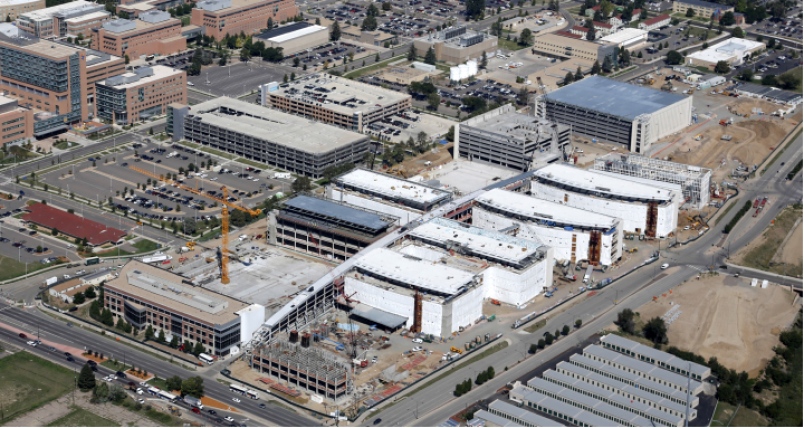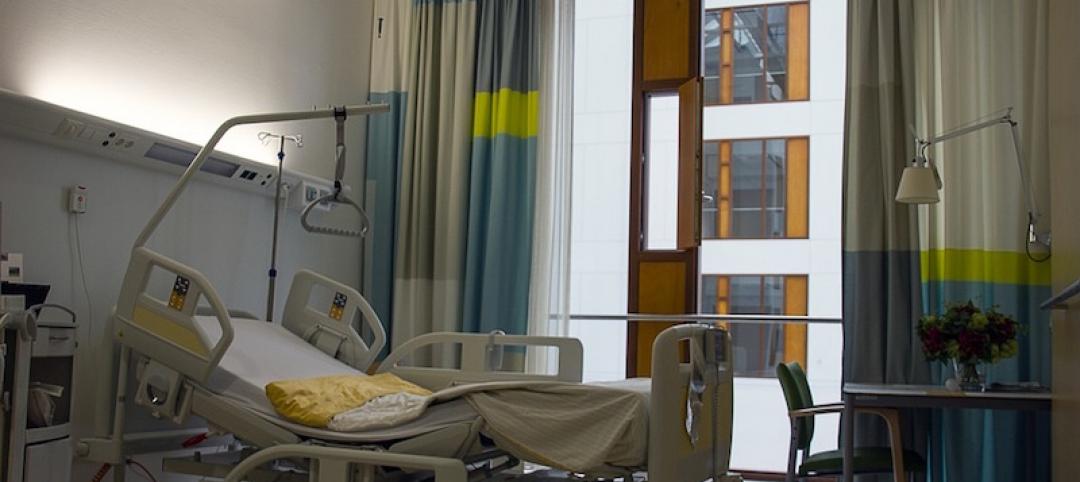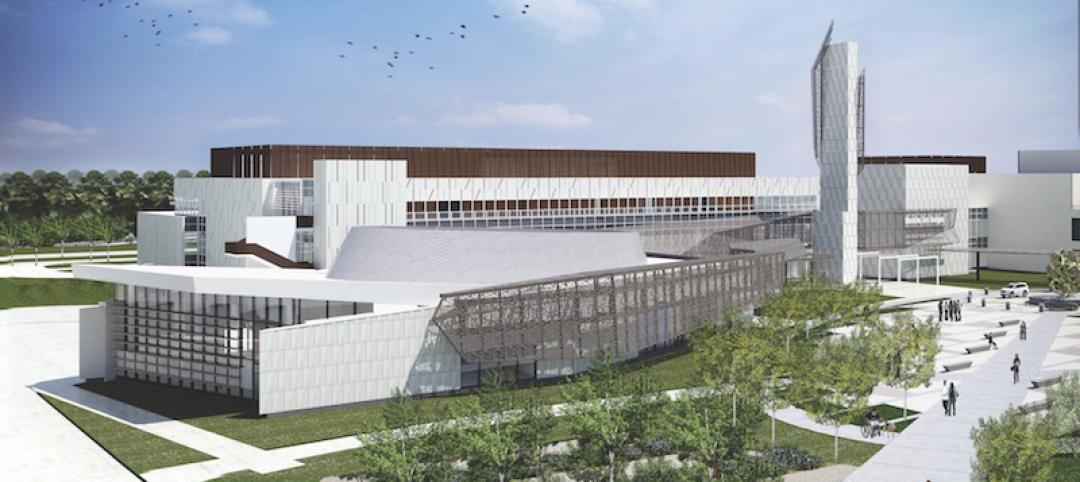Last December, the Civilian Board of Contract Appeals, a tribunal within the General Services Administration, found that the Department of Veterans Affairs (VA) was in material breach of a contract with Kiewit-Turner—a joint venture between Kiewit Building Group and Turner Construction—on the massive Denver VA Medical Center project in Aurora, Colo.
That project was already years behind schedule and hundreds of millions of dollars over budget. Upon that ruling, Kiewit-Turner—which has been on this project since 2010, when it broke ground—stopped work on that project, which at the time was somewhere between 40% and 60% complete, according to the Denver Business Journal. Work resumed just before Christmas only after VA and Kiewit-Turner signed a $234 million bridge-loan agreement.
The Board stated in its decision that the VA had repeatedly failed to provide a design for the hospital that could be built for the original agreed-upon price of $604 million. The VA, according to the Board, also disregarded cost-cutting suggestions and warnings that the project’s ambitions would greatly exceed its budget.
In fact, in the spring of 2013, The Government Accountability Office (GAO) had issued a report that found the Aurora project and three other VA projects were all drastically over budget and behind schedule.
The 182-bed medical center was supposed to be completed early this year. Kiewit-Turner, in June 2013, estimated that the construction cost would actually be $1.085 billion. (At that time, Glenn Haggstrom, who managed VA’s construction projects, continued to insist the hospital could be brought in for its original budget.)
The VA’s Deputy Secretary Sloan Gibson admitted in July that his agency could not produce a line-by-line accounting that would explain the overspending.
In March, Colorado’s congressional delegation requested that the Senate Veterans Affairs committee conduct a field visit to the medical center, which was planned to serve 82,700 vets. The fear was that work would stop again without Congressional approval for the appropriation of additional funds.
Now, the project’s completion date has been pushed back to Jan. 23, 2018, and the total cost is now expected to reach at least $1.67 billion. The U.S. Army Corps of Engineers late last month awarded the construction team a $571 million contract to finish the job.
Congress had authorized up to $625 million in additional spending for this project in September, but not without strings attached, according to news reports. That approval stripped the VA of its authority on any future construction project over $100 million, which essentially would prevent the department from getting involved in hospital construction again.
The Army Corps of Engineers will henceforth serve as the VA”s construction agent on several products worth about $3.6 billion.
"We must make sure that this never happens again and fortunately, a key reform was passed along with funding. The VA is out of the hospital building business," stated U.S. Rep. Mike Coffman (R-Aurora). Coffman told Stars and Stripes that he was disappointed that the VA might not release the results of one of its internal investigations into what went wrong until next year.
Related Stories
| May 30, 2017
Accelerate Live! talk: Health-generating buildings, Marcene Kinney, Angela Mazzi, GBBN Architects
Architects Marcene Kinney and Angela Mazzi share design hacks pinpointing specific aspects of the built environment that affect behavior, well-being, and performance.
| May 24, 2017
Accelerate Live! talk: Learning from Silicon Valley - Using SaaS to automate AEC, Sean Parham, Aditazz
Sean Parham shares how Aditazz is shaking up the traditional design and construction approaches by applying lessons from the tech world.
Healthcare Facilities | May 16, 2017
University of Pennsylvania’s new $1.5 billion hospital is being built with the future in mind
The Pavilion broke ground on May 3.
Healthcare Facilities | May 4, 2017
Mortenson provides details about its first building in Minnesota’s ambitious Destination Medical Center development
One district alone could add two million sf of commercial and residential space to Downtown Rochester.
Healthcare Facilities | May 1, 2017
Designing patient rooms for the entire family can improve patient satisfaction and outcomes
Hospital rooms are often not designed to accommodate extended stays for anyone other than the patient, which can have negative effects on patient outcome.
Healthcare Facilities | Apr 28, 2017
Can healthcare be retail?
Healthcare systems have much to learn from retail. While they have been laser-focused on delivering exceptional patient care on their primary campuses, they face an onslaught of new challenges as they embrace a retail strategy to expand outpatient services and their ambulatory network.
Healthcare Facilities | Apr 24, 2017
Treating the whole person: Designing modern mental health facilities
Mental health issues no longer carry the stigma that they once did. Awareness campaigns and new research have helped bring our understanding of the brain—and how to design for its heath—into the 21st century.
Sponsored | Glass and Glazing | Apr 14, 2017
Azuria glass from Vitro provides hospital with the desired pop of color
Located in Wilmington, Delaware, Nemours/duPont hospital has undergone a series of expansions since it was founded in the 1940s.
Healthcare Facilities | Apr 14, 2017
Nature as therapy
A famed rehab center is reconfigured to make room for more outdoor gardens, parks, and open space.
Healthcare Facilities | Apr 13, 2017
Investors and developers are still avid for medical office buildings
A new CBRE survey finds that equity set aside for purchases continues to outshoot the availability of in-demand supply.















